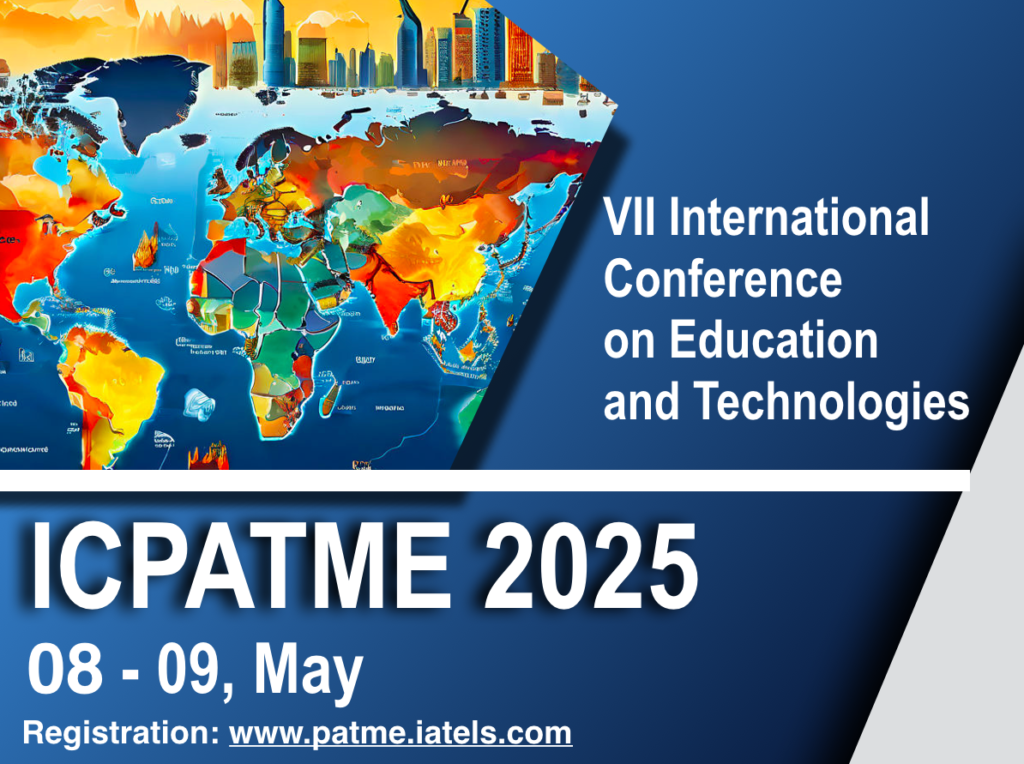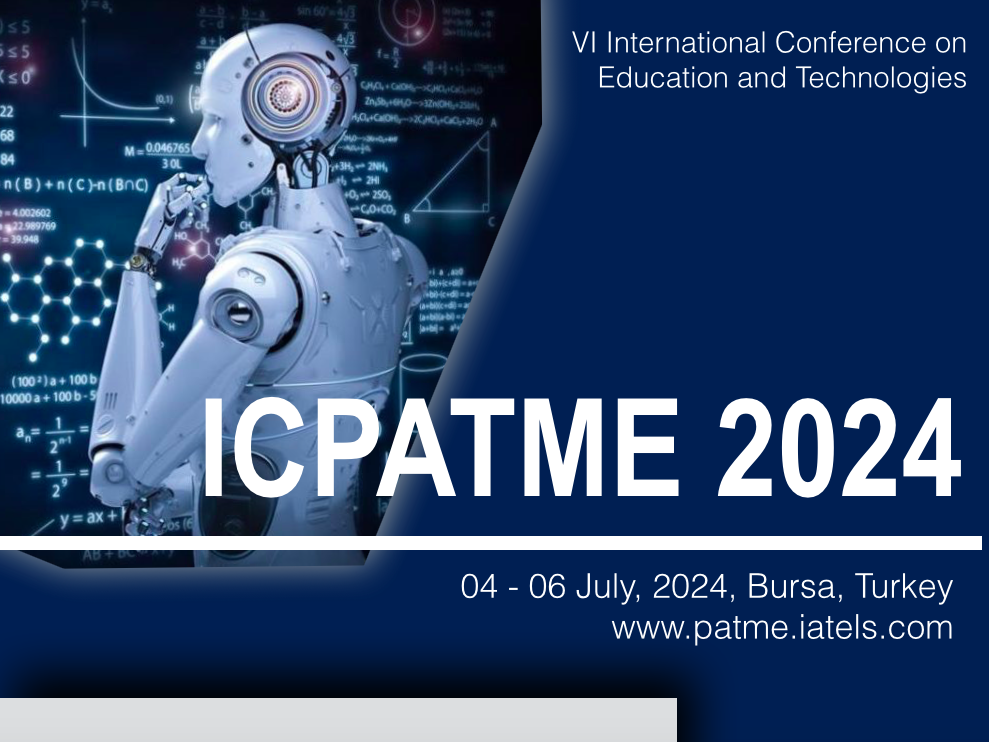ICPATME 2025 Follows the Trends Initiated in 2023



As it is known, artificial intelligence (AI) is the simulation of the human intelligence processes by machines, especially computer systems.
Applications of AI include expert systems, natural language processing, speech recognition and many others.
Artificial intelligence is an ability of a digital computer or computer-controlled robot to perform tasks commonly associated with intelligent beings.
The term AI is frequently applied to the project of developing systems endowed with the intellectual processes characteristic of humans, such as the ability to reason, discover meaning, generalise, or learn from past experience.
Since the development of the digital computer in the 1940s, it has been demonstrated that computers can be programmed to carry out very complex tasks—as, for example, discovering proofs for mathematical theorems or playing chess—with great proficiency.
In a view of the rapid development of AL applications and their implementation in a human’s everyday life, it is high time to discuss the place of AL in the system of the societal functioning, limits or freedoms of AL applications, their potential for the future of humanity, education, developments in economy and global community.
With an urge to focus on emerging technologies and their impact on a human”s life, psychological wellbeing, development and education, ICPATME 2025 announces its special topic
Artificial Intelligence in Education and Learning
We would like to welcome researchers and practitioners who are working in the filed of artificial intelligence and machine learning to share their visions, ideas and experiences in the domain announced.
We are expecting participation of experts and those who are interested in this topic from different fields of knowledge – Computer Engineering, Education, Psychology, Medicine, Public Health, Management, Economics, Philosophy, Social Sciences, Political Sciences and all other related disciplines.
We are aiming to collect studies and research concerning:
- Artificial Intelligence in computer sciences;
- Machine learning;
- Current and new applications in AI;
- AI and its effects on educational systems;
- Innovative educational theories and approaches;
- AI in Learning;
- Psychology of learning and AI;
- AI in teaching languages;
- AI in teaching science;
- AI in teaching social studies;
- Students’ learning strategies and behaviours;
- Robotics;
- STEAM education;
- Ethics and AI;
- Innovative teaching strategies with AI and other technolgoies;
- Assessment and evaluation;
- Attitudes and behaviours in technology-mediated environments;
- Social media and its role in education and learnong;
- Educational policies and guidelines of the national and international levels;
- Transformations in educational systems and approaches at the national and international levels;
- Education – Business: how to enhance collaboration?
- Developing entrepreneurship skills at different levels of education;
- Project-based teaching and learning;
- Quality of education;
- Technologically enhanced EFL;
- Education management;
- Online learning;
- Virtual environments;
- New tool demonstrations; etc.
The studies on other issues related to Artificial Intelligence, Machine Learning, Online Education, Blended-Learning, ICT in Education, Transformations in Education and Case Studies, Psychology of Online Teaching and Learning, Methodology and Pedagogy of Education in Virtual and Blended Learning Environments, Gaming in Education and other topics are welcome too.
Please submit your abstract for reviewing to become a speaker at the conference following the link below: